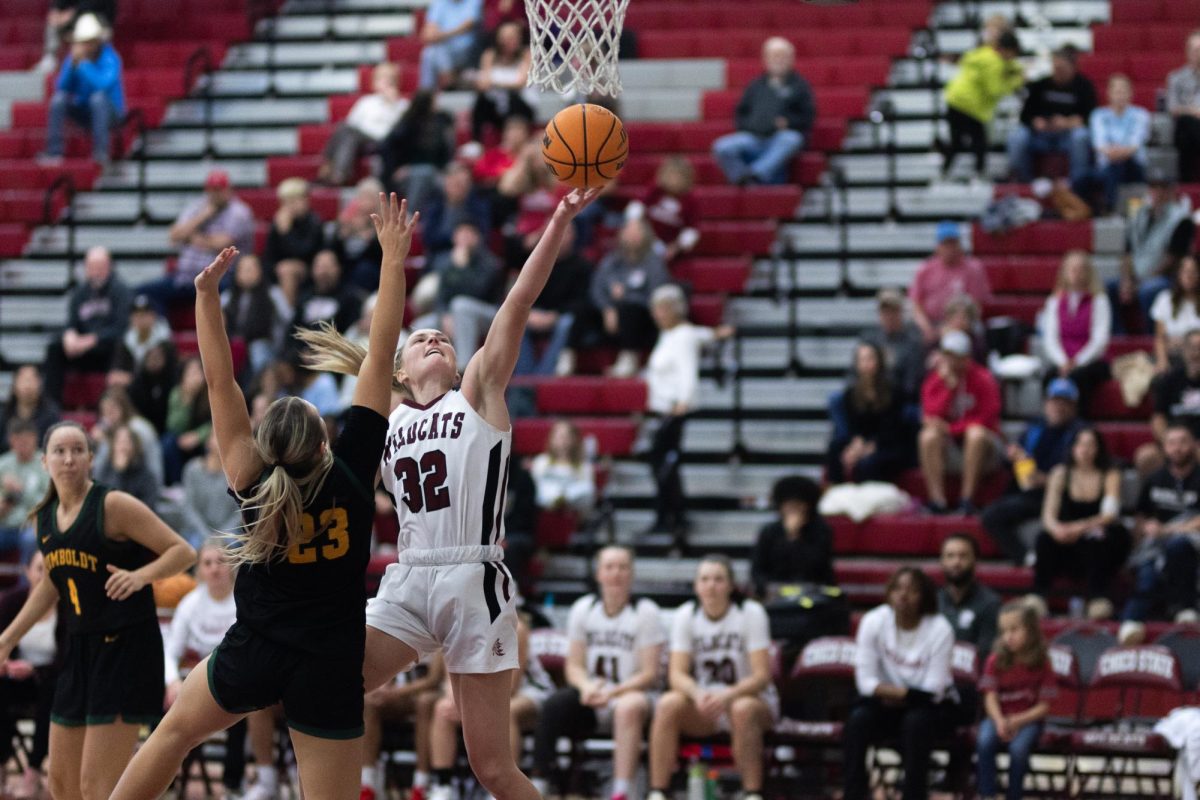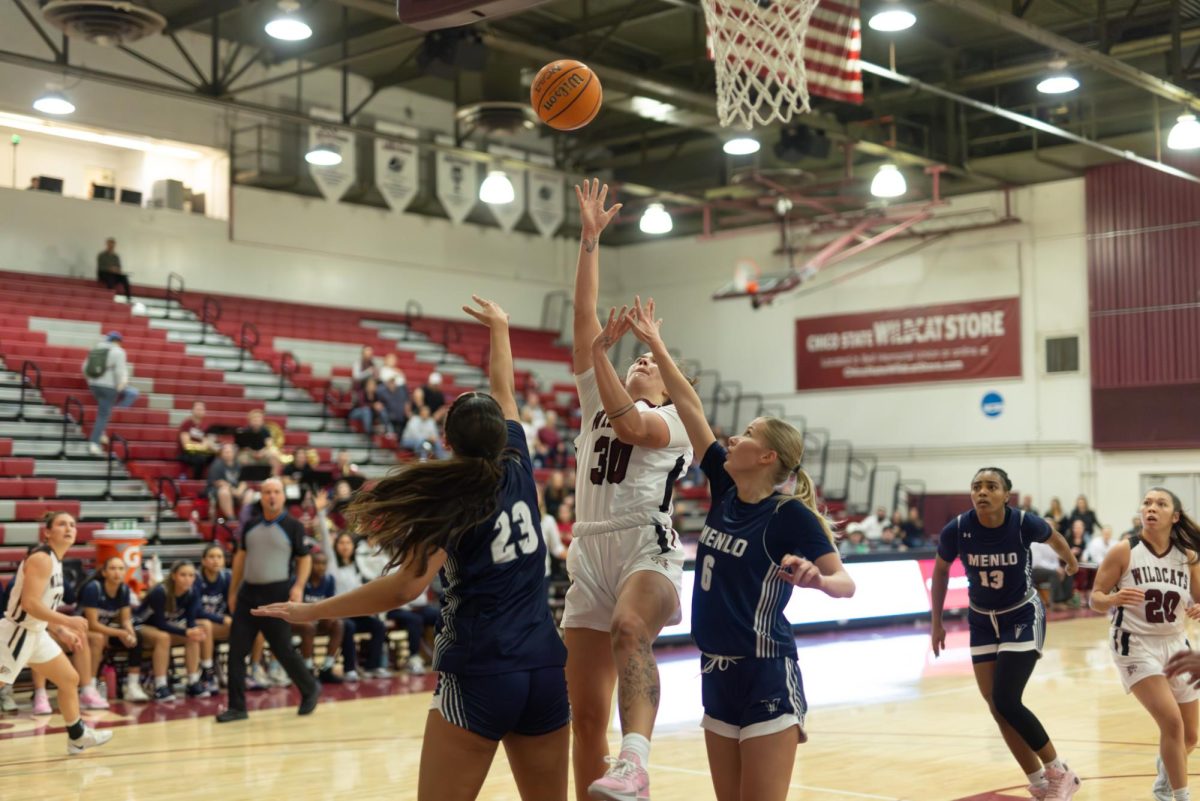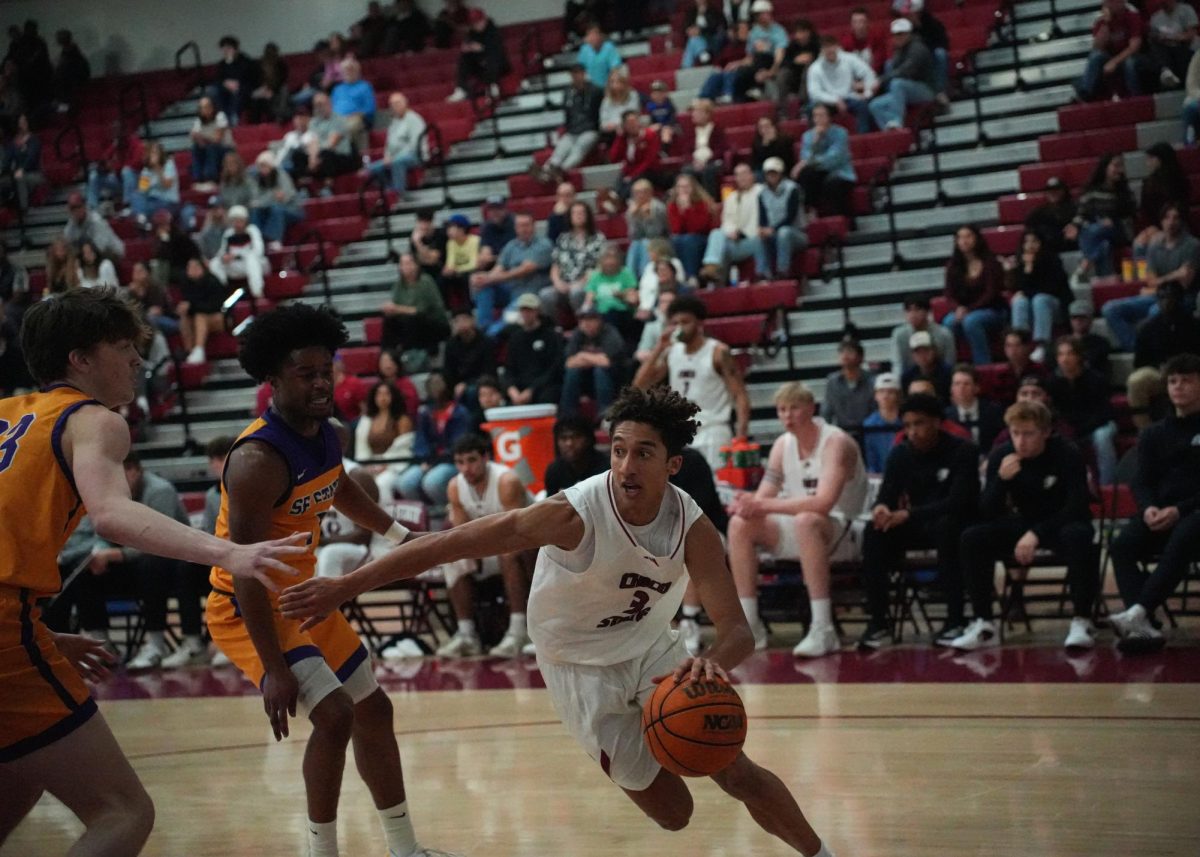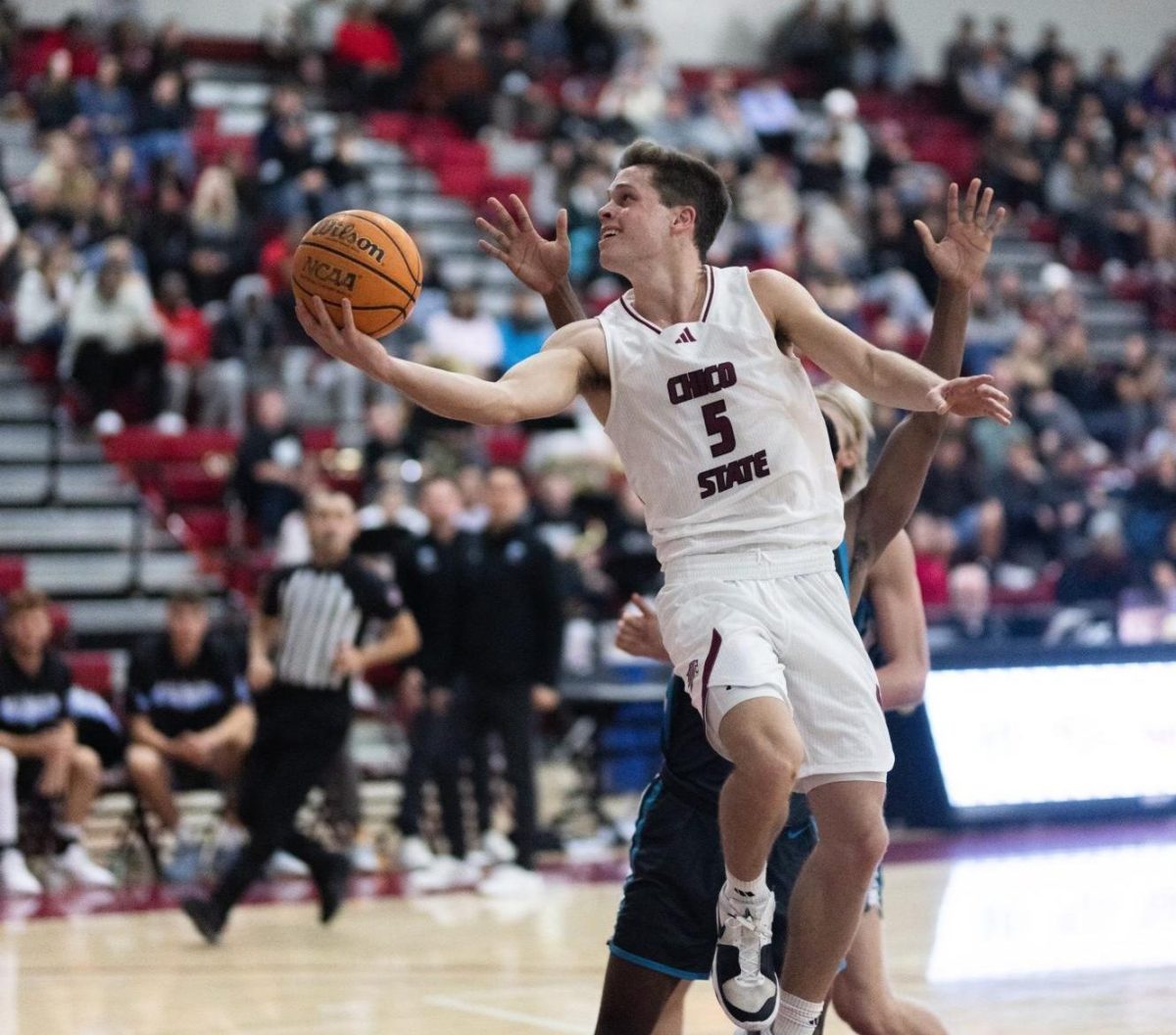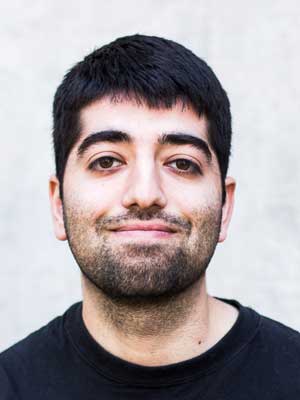
I grew up watching soccer throughout my life. I always thought the rules were simple.
I knew that NCAA rules were usually different from the professional league — like in basketball and football — but when I came to Chico, I realized how weird the rules for soccer were.
The main NCAA soccer rule that ticked me off was the clock counting down. Each half started at 45 minutes and when the clock hit zero, game over.
For those who are unfamiliar with soccer, in the pros they play with the clock starting at zero and counting up to 45 minutes for each half.
After those 45 minutes, the referee gives a few extra minutes or so of stoppage time. This is how I grew up with the game, and I refuse to accept the countdown clock.
It was a stupid, gimmicky rule to “Americanize” soccer that started in the old days of the original North American Soccer League and then was adopted by Major League Soccer in its earlier seasons.
MLS finally realized how this rule was off-putting to traditional soccer fans and put an end to it in 1999.
Now it’s time for the NCAA to follow suit.
While they’re at it, they should eliminate the extra time rule for regular season games.
That rule is that when the clock hits zero in the second half, there are two 10-minute halves of extra time. The first team to score wins, but if no team scores, it ends in a tie.
Why would they make the two teams play an additional 20 minutes when a tie is still a possible outcome? Just eliminate extra time. if it ends in a tie after 90 minutes, just let it be. Considering how the system is set, more teams have to play more games in a short amount of time.
Normally, FIFA requires a minimum of a 48-hour rest period between games. Some college teams play three games a week.
Here at Chico State, the teams typically play a game late Friday night with their next game midday on Sunday, which is less than 48 hours.
Every professional soccer league in the world abides by FIFA rules. The soccer countries of the world don’t even have a college soccer system. Teams have soccer academies where they have leagues for certain ages.
Considering how the NCAA makes these weird rules, I can see college soccer becoming obsolete some time in the future.
With the rise of soccer academies within MLS teams, players would rather join a professional team’s academy than a college team.
Just look at Brigham Young University’s soccer team. They don’t participate in the NCAA. They have been participating in the Premier Development League — a top amateur soccer tier in the United States with a higher competition level than the NCAA — since 2003.
Changes are being suggested as to how soccer is played in the NCAA to make it more similar to the pros.
One of the proposed plans is to change the season to be played three months in the fall instead of being played throughout an academic school year from September to May. This would allow athletes more time to train, recover and focus on academics
Professional soccer in the United States has been growing and changing lately. It’s time for college soccer to change as well.
Dariush Azmoudeh can be reached at [email protected] or @dari_d on Twitter.



